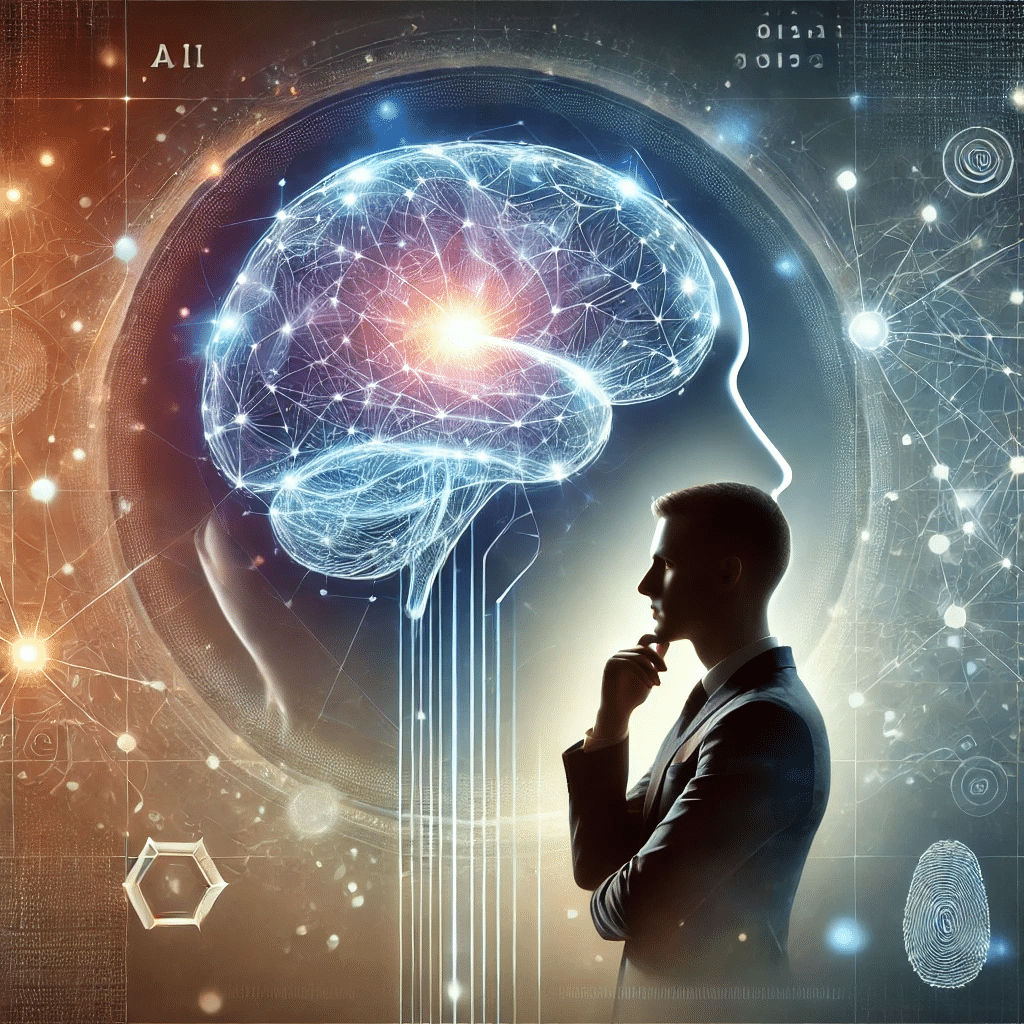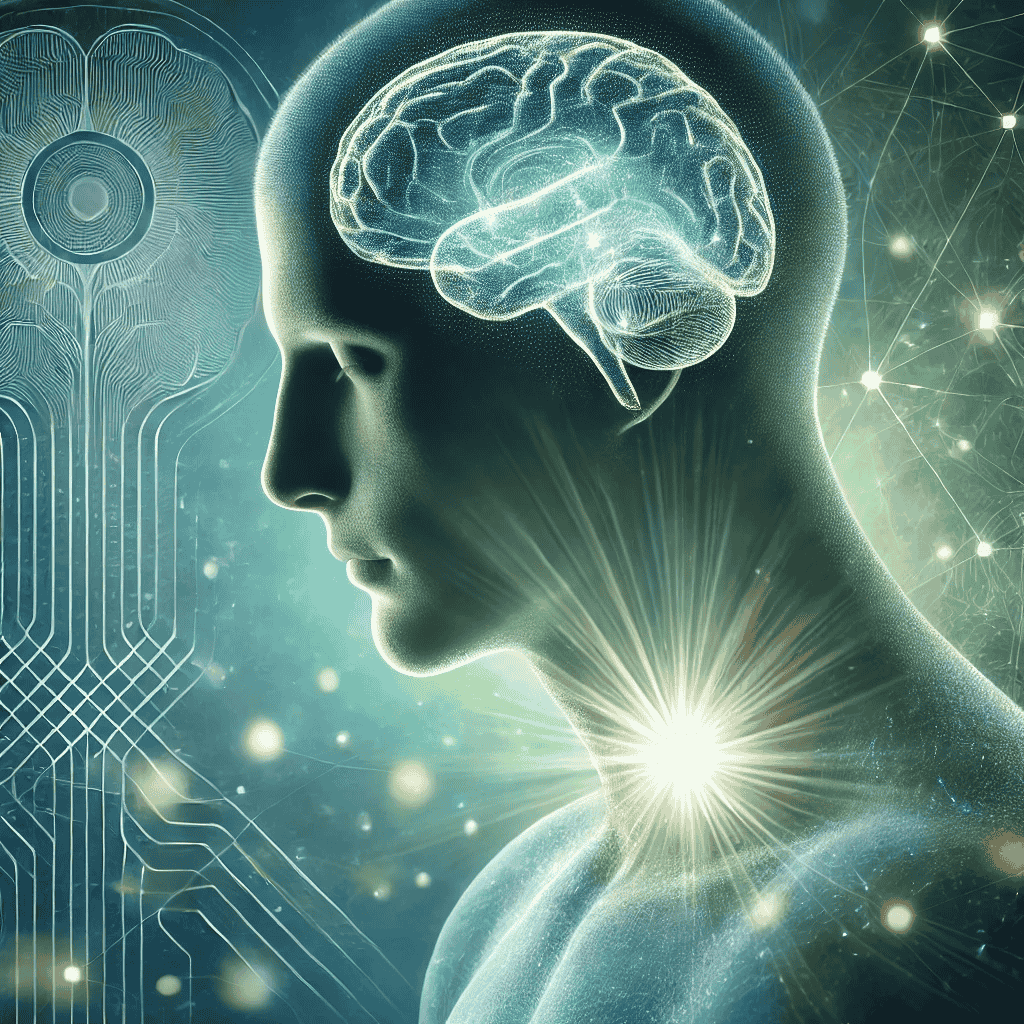Introduction
In today’s fast-paced business world, intuition is becoming an increasingly valuable skill for leaders. It enables quick, informed decision-making, fosters trust, and encourages creative problem-solving. But can intuition be developed, or is it just an innate trait? In this article, we’ll explore practical ways to develop intuition as a leader and how intuitive skills can improve management effectiveness, mental health, and team dynamics.

What is Intuition in Leadership?
Intuition is often described as a “gut feeling” or an instinctive response to complex situations. For leaders, intuition involves recognizing patterns, making decisions without complete data, and sensing team morale or client needs. While intuition might seem abstract, it’s actually a skill that can be cultivated through intentional practice.
Why Intuition Matters for Leaders
Developing intuition offers numerous benefits in leadership:
1. Improved Decision-Making: Intuitive leaders can often make quicker, more accurate decisions by relying on both experience and instinct.
2. Enhanced Empathy and Team Morale: Leaders who use intuition are often better at reading people’s emotions, fostering a more supportive team environment.
3. Reduced Stress: By trusting their instincts, leaders can reduce the mental strain of overanalyzing every decision, which helps maintain better mental health.
Steps to Develop Intuition in Leadership
1. Practice Mindfulness and Self-Awareness
Intuition thrives when leaders are present and aware of their own thoughts and emotions. Regular mindfulness practices, like meditation or mindful breathing, can help leaders tune into subtle cues that they might otherwise miss.
Practical Tip: Set aside five minutes a day for deep breathing exercises. This simple habit can improve focus and make it easier to recognize intuitive insights.
2. Reflect on Past Decisions
Reflection is crucial for building intuition. By analyzing past decisions—both successful and unsuccessful—leaders can learn to recognize patterns in their thought processes and outcomes.
Practical Tip: Keep a decision journal. Write down important decisions, why you made them, and how they turned out. Over time, patterns will emerge that can guide future decisions.
3. Engage in Active Listening
Listening is a key aspect of intuitive leadership. By actively listening to team members, clients, and colleagues, leaders can pick up on unspoken cues and deeper insights that might influence decisions.
Practical Tip: Practice paraphrasing what others say to confirm understanding. This helps clarify their message and strengthens your ability to “read between the lines.”
4. Seek Feedback from Trusted Peers
Trusted colleagues or mentors can offer valuable perspectives that strengthen a leader’s intuitive skills. Discussing your decision-making process with others can reveal biases or patterns you may not see alone.
Practical Tip: Create a feedback circle with a few peers or mentors. Regularly discuss decisions you’re facing and invite honest feedback to sharpen your intuition.
5. Visualize Outcomes
Visualization can help leaders “test” decisions by imagining possible outcomes before they happen. This approach gives leaders a sense of how different choices might unfold, strengthening their intuitive sense of direction.
Practical Tip: Before making a significant decision, take a moment to visualize two or three potential outcomes. Which feels most aligned with your goals? This practice can improve decision accuracy over time.
Common Challenges and How to Overcome Them
Developing intuition as a leader isn’t without its challenges. Here are a few obstacles and solutions:
• Overthinking vs. Trusting Instincts: Balancing analysis with intuition can be difficult. Set clear guidelines for when to gather more information and when to trust your instincts.
• Fear of Failure: Leaders may hesitate to rely on intuition due to fear of making mistakes. Build confidence by starting with low-stakes decisions and gradually applying intuition to more significant choices.
• Recognizing Bias: Intuition can be clouded by personal biases. Regularly seek feedback and reflect to keep intuition objective and clear.
Real-Life Examples of Intuitive Leadership
Many renowned leaders credit their success to intuitive decision-making. For example, Steve Jobs famously trusted his intuition when developing Apple products, believing that following his instincts would lead to innovative breakthroughs. Oprah Winfrey often speaks about relying on her “inner voice” to make major career decisions, a practice she attributes to her enduring success.
Conclusion
Intuition is a powerful yet underutilized tool in leadership. By consciously developing intuitive skills, leaders can improve decision-making, enhance team dynamics, and reduce stress. Through mindfulness, reflection, active listening, feedback, and visualization, leaders can tap into their inner guide to become more effective and resilient managers. As states in the Harvard Business Review article.
For more insights on intuition in leadership, explore our articles on Intuitive Decision-Making and Improving Mental Health in Management.

